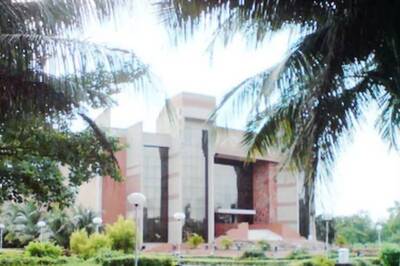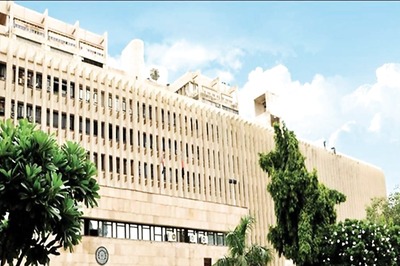
views
As the National Aeronautics and Space Administration (NASA) prepares to send a manned mission to Mars in the near time, scientists now have a new concern regarding the adverse effects of radiation exposure due to deep space travel on the human brain.
In a report published in eNeuro on Monday, August 5, researchers from the University of California, Irvine (UCI) and Stanford University in the US have highlighted the pressing need to develop safety measures to protect the brain from radiation during deep space missions as astronauts prepare to travel to Mars.
To conduct the study on how deep space travel could affect the nervous system, researcher Charles Limoli and colleagues from Colorado State University and the Eastern Virginia School of Medicine in the US exposed mice to chronic and low dose radiation for six months.
As found in the study, the radiation exposure impaired cellular signaling in the hippocampus and prefrontal cortex. This in turn resulted in learning and memory impairments.
In addition, the researchers also observed increased anxiety behaviours, which in turn indicate that the radiation also impacts the amygdala, the brain’s medial temporal lobe which plays a key role in the processing of emotions.
After the research, the researchers have predicted one in five astronauts taking part in a deep space mission might experience anxiety-like behavior, whereas one in three would experience certain levels of memory impairments. Moreover, the astronauts may also struggle with decision-making.
This study has raised serious concerns for many, who are planning a manned-mission to Mars.


















Comments
0 comment